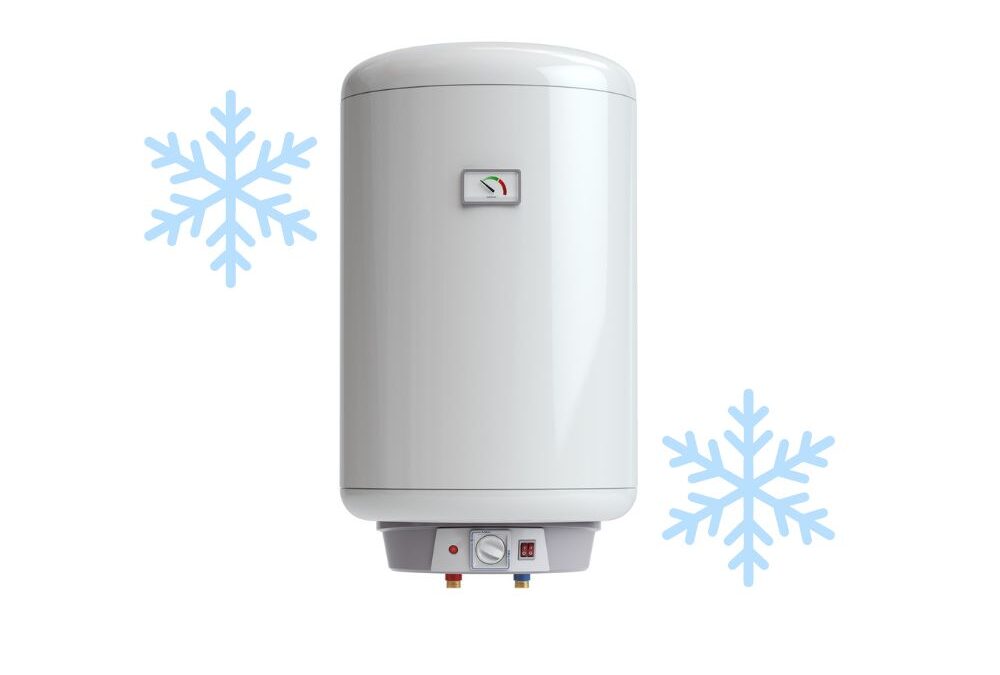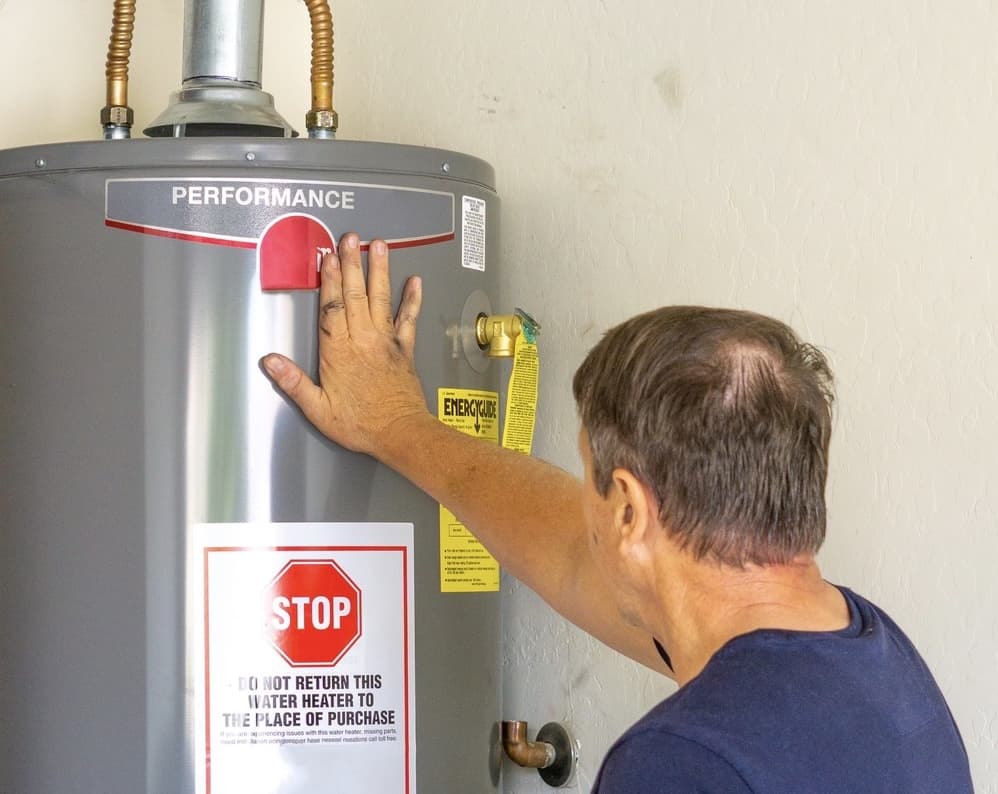Winter is coming, and the last thing you want is icy water flowing from your taps. Knowing how to prepare your tankless water heater for winter is crucial to avoid cold showers and costly repairs. Freezing temperatures can do a number on your tankless system if it’s not properly protected.
In this post, we’ll cover everything you need to know to keep your water heater running smoothly all winter long—from insulation tips to troubleshooting frozen pipes. Let’s make sure your hot water stays hot, no matter how cold it gets outside!
How Cold Weather Affects Your Tankless System
If water inside the unit freezes, it can expand and cause serious damage to the internal components, leading to costly repairs or even the need for a complete new installation. Frozen pipes are another winter nightmare. When the pipes connected to your tankless water heater freeze, they can burst, causing water damage and disrupting your hot water supply.
Winterizing helps prevent these issues, ensuring that your plumbing stays safe and functional all season long. That’s why knowing how to prepare your tankless water heater for winter is essential to keep hot water flowing throughout your household.
Step-by-Step Guide on How to Prepare Your Tankless Water Heater for Winter
1. Power Down and Drain
The first step in how to prepare your tankless water heater for winter involves powering it down and draining any remaining water. Here’s how to do it:
- Turn off the power supply: Start by shutting off the power to the unit, whether it’s electric or gas-powered. This ensures safety while you work.
- Close the water supply valve: Next, locate and close the water supply valve to stop any new water from entering the system.
- Open the drain valve: Finally, open the drain valve to let all the water inside the unit flow out. Make sure the water is completely drained to prevent any freezing inside the system.
By following these steps, you’ll protect your tankless water heater from potential freeze damage, saving you from costly repairs down the line.
2. Insulate to Keep the Cold Out
To protect your tankless water heater from freezing temperatures, it’s important to insulate the unit and any exposed pipes. Use pipe insulation or heat tape to wrap the pipes, especially those outside or in unheated areas. A tankless water heater blanket can also provide an extra layer of protection.
3. Use a Heat Source for Extra Protection
In particularly cold areas, consider using a heat source to keep your tankless water heater warm. Pipe heaters or even a small space heater can be placed near the unit to maintain a safe temperature and prevent freezing.
4. Cleaning and Maintenance Tips
Lastly, clean the filters and perform any necessary maintenance to ensure your unit runs smoothly all winter long. A clean system is less likely to encounter issues, so take the time to keep everything in top shape before the cold sets in.
How to Handle a Frozen Tankless Water Heater
If your tankless water heater or pipes freeze, stay calm and follow these steps:
1. Turn Off the Power
- Begin by turning off the water heater’s power source. This prevents any electrical issues while you work.
2. Warm the Pipes
- Use a hairdryer or space heater to gently warm the frozen pipes or the unit itself.
- Tip: Start at the faucet and work your way back toward the source to ensure thorough thawing.
- Important: Avoid using open flames, as they can damage the pipes and create a fire hazard.
3. Check for Leaks
- Once the ice has thawed, inspect the pipes and unit for any leaks or damage.
4. Restore Power
- If everything looks good, you can safely turn the power back on and get your hot water flowing again.
By taking these steps, you can minimize the risk of damage and restore your hot water in no time.
For Extreme Cases一Call Rapid Rooter!
If your system isn’t working after thawing or you notice any damage, it’s time to call the experts. The Danbury, CT, water heater specialists at Rapid Rooter are ready to assist with any cold-weather issues your tankless water heater may face. Don’t wait until it’s too late—contact us today!


